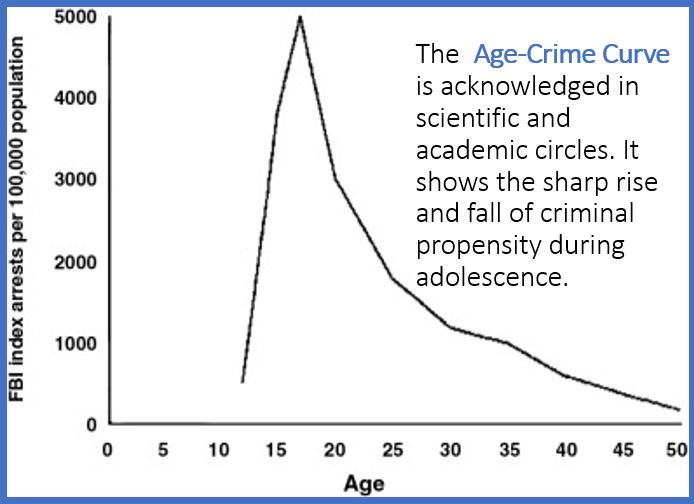Coming of Age in Prison was the topic of interest at the Birmingham Next Community Center, last evening (11/18/21). Wendi Johnson, Associate Professor of Criminal Justice at Oakland University gave the audience a preview of her new research on this important topic.
Ms. Johnson provided an insightful look at the lives of three Michigan men; each of them were incarcerated in late adolescence, and went on to serve at least twenty-five years. Two of the men are Black and one is White.
Her case studies consider how past criminal justice policy affected their lives, while considering potential criminal justice reform improvements. Her work examines the men’s transitions to adulthood and their subsequent release.
There is a robust link between age and crime. Ms. Johnson acknowledges this relationship in her assessments and potential recommendations. Certainly, the age-crime association has implications for many aspects of crime and punishment. 
The case studies look at a continuum of concerns for the individual men. They included: entering prison, learning to be responsible, giving up drugs and alcohol, gaining respect, and social relations.
The discussion also examined implications for each prisoner’s discharge; these included relations, learning new tricks (technology challenges), gaining employment, aspirations, and parole. Ms. Johnson shared insights into individual men.
Thanks to Ms. Johnson for this sharing vital topic. And thanks to Birmingham Next for such a good current topic, enriching the lives of the 50+ population. Birmingham Next operates in conjunction with the municipalities of Birmingham, Beverly Hills, Bingham Farms and the Village of Franklin. Anyone is welcome to join!
The discussion acknowledged the need for corrections. But it was concluded we can and must do better.
The audience gave their attention and asked clarifying questions; they showed laymen’s appreciation for broader criminal justice. For example, they expressed concern for punitive extremes, prisons-for-profit, and Michigan’s performance.
Author’s note: A sad Michigan example is Efrén Paredes, Jr., who was convicted of murder and armed robbery in 1989 as a 15-year-old. His sentence: life without the possibility of parole. Such juvenile sentences are unconstitutional according to the Supreme Court, but his sentence was reaffirmed. The original prosecutor came out of retirement to ensure so. Efrén’s is guilt of not being white and maintaining his innocense.

